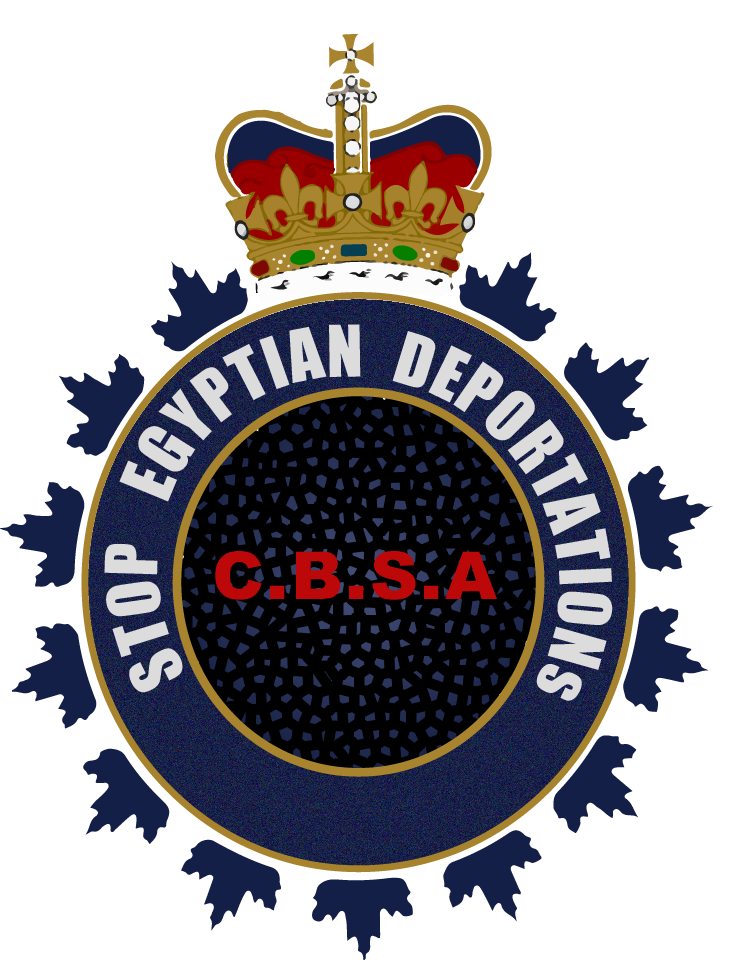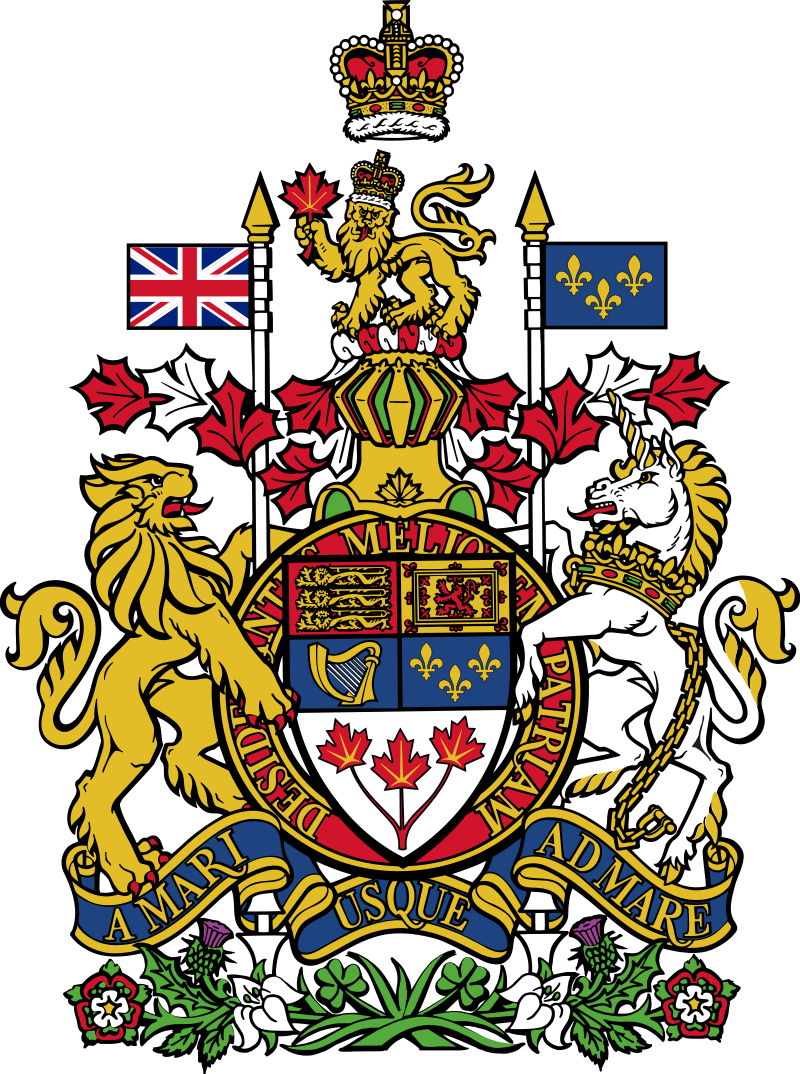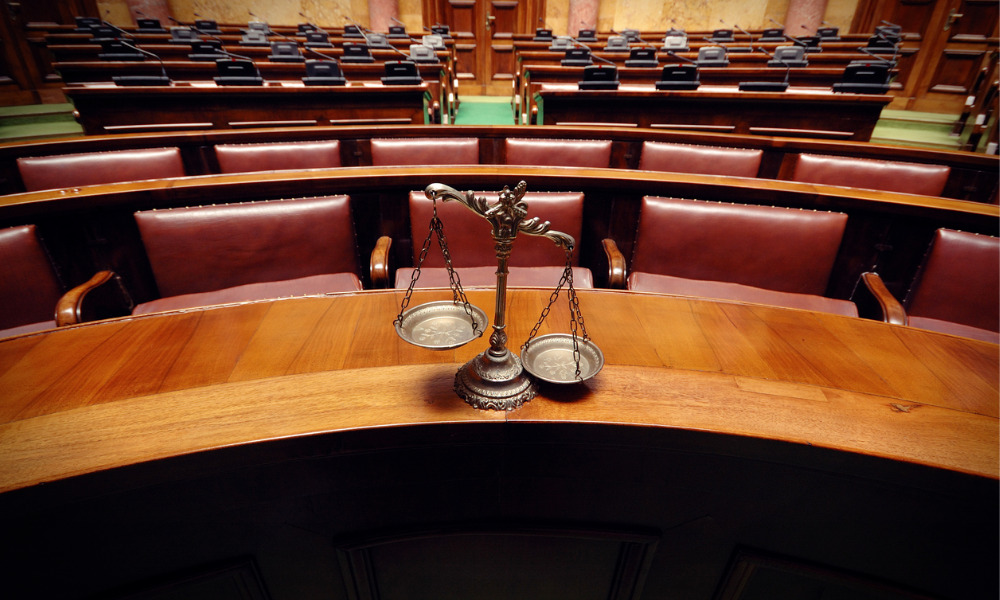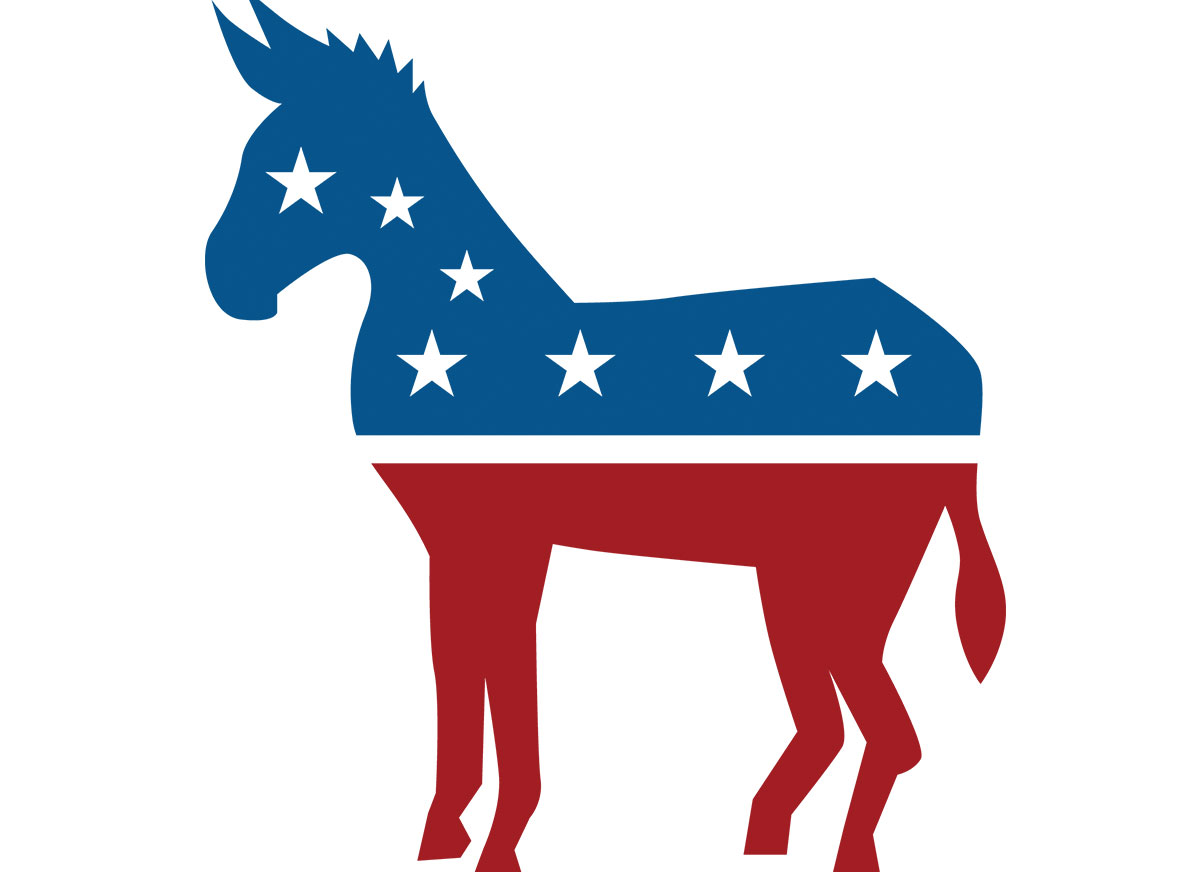Section 34(1)(f)
Section 34(1)(f)
What is inadmissibility?
Subsection 34(1)(f) of the Immigration and Refugee Protection Act can be used to render an individual inadmissible to Canada for membership in an organization that has acted contrary to subsections 34(1)(a) to (c). To be clear, a foreign national or a permanent resident may be found to be inadmissible to Canada if there are reasonable grounds to believe that he or she is a member of an organization that is involved in espionage, subversion, or terrorism.
Nothing in paragraph 34(1)(f) requires or contemplates a complicity analysis in the context of membership. Nor does the text of this provision require a “member” to be a “true” member who contributed significantly to the wrongful actions of the group.
The Court of Appeal concluded that complicity is not required in subsection 34(1)(f). As such, membership, for the purposes of subsection 34(1)(f) will continue to have an “unrestricted and broad interpretation”, such that actual participation in the inadmissible behavior is not required.
Monumental Burden on Asylum Seekers
Canadian courts interpreted sections 34 and 35 of the IRPA broadly to give immigration authorities the necessary powers to deal with real national security risks. However, the wide discretionary power, due to the lack of oversight, can be abused by individual CBSA officers due to their own biases, opinions, and prejudices.
While the CBSA officers in Vancouver are technically operating within their authority, the position taken by these officers is at odds with the CBSA’s position across the country, and these cases appear to be motivated by the personal opinions and prejudices of the CBSA officers in Vancouver.
This leads to inconsistent application of law, as some officers perceive security threats where others do not. With the ‘reasonable standard to believe’ framework, Board Members only need to be assured that there is evidence corroborating the CBSA officer’s allegation, unfortunately, the validity of this evidence is of secondary importance.
For claimants without representation or inadequate representation due to lack of finances, they are left in the monumental position of seeking to establish an organization – one that they may not even be part of – that has never, at any point in history, been engaged in terrorism or subversion.
This has nothing to do with their own conduct, yet they are forced to defend against the CBSA officer’s opinion. Moreover, with individual officers able to bring forward cases without national consistency, only some refugee claimants are forced into this position.
These people usually have extremely limited resources due to them fleeing their homes out of fear for their lives, very limited knowledge of Canadian law, and in many cases, a limited command of the English language. However, they are expected to provide evidence and stand against the might of CBSA officers with the backing of the entire Canadian government and full access to its resources. It is unfathomable that we place some of the world’s most vulnerable individuals in this unfair fight for their own survival and future.
Section 34(1)(f) – Gateway to Discrimination
Section 34(1)(f) has been implemented by the CBSA without national and consistent oversight. The problem with the use of Section 34(1)(f) has been exasperated due to the individual officers’ perceptions and bias toward certain countries and in some cases, Islamophobic views.
If the law is applied equally to all refugees, the late President Nelson Mandela and members of the African National Congress (ANC) would be prevented from entering Canada.
If the law is applied equally to all refugees, members of the Democratic Party in the United States who supported slavery (a crime against humanity) and engaged in subversion would be prevented from entering Canada.
If the law is applied equally to all refugees, members of the Austrian Social Democratic Party for their ties to the Nazis. would be prevented from entering Canada.
If the law is applied equally to all refugees, members of the Greek Communist Party for their participation in armed conflict, to name just a few instances, would be prevented from entering Canada.
If applied fairly, CBSA would be required to block entry into Canada by any member of the U.S., British or Israeli militaries — past, present, or future – because there are credible allegations that these organizations sought to subvert other governments or have committed human rights violations.
The disproportionate application of section 34(1)(f) towards Muslim refugees stigmatizes families without serving a national security purpose.




